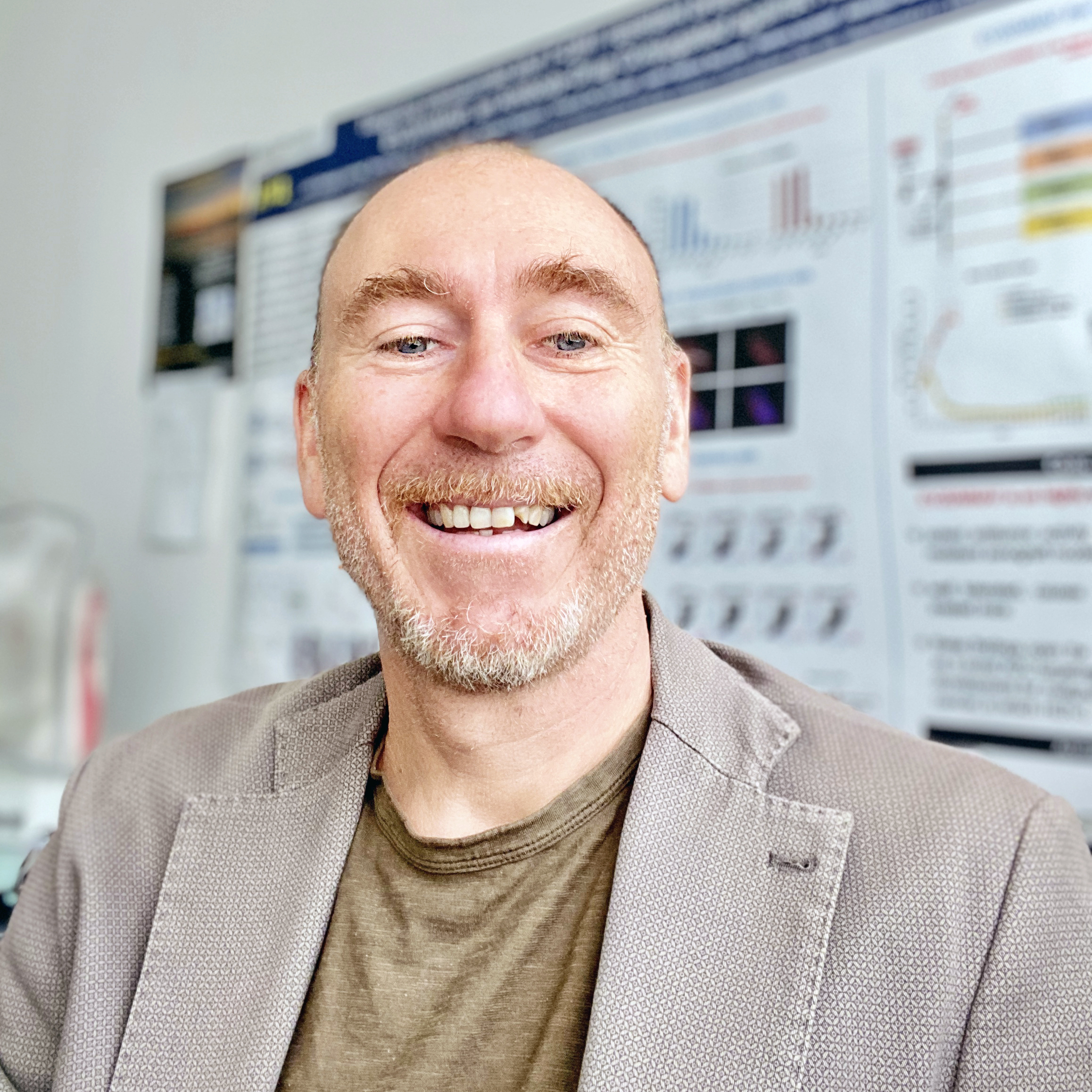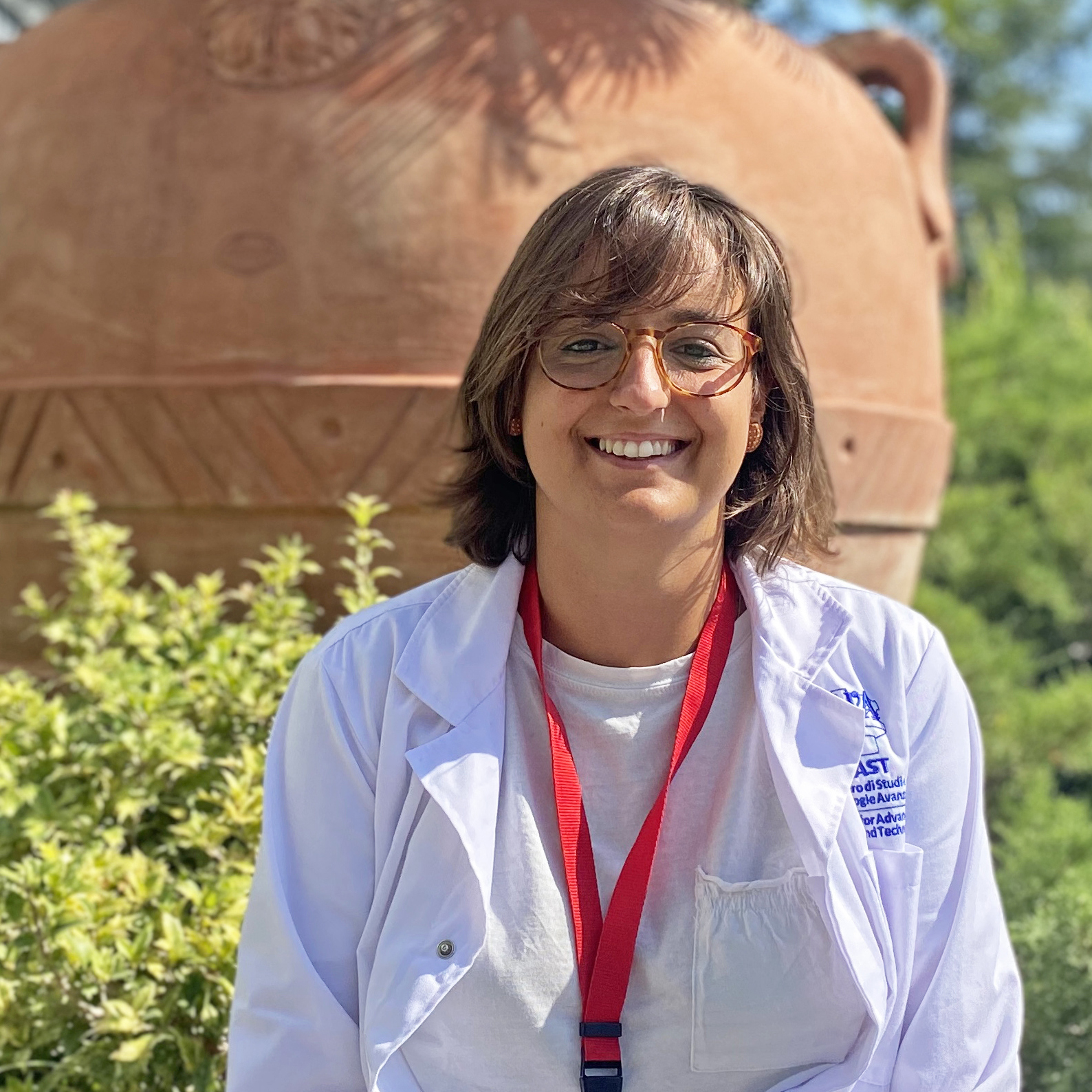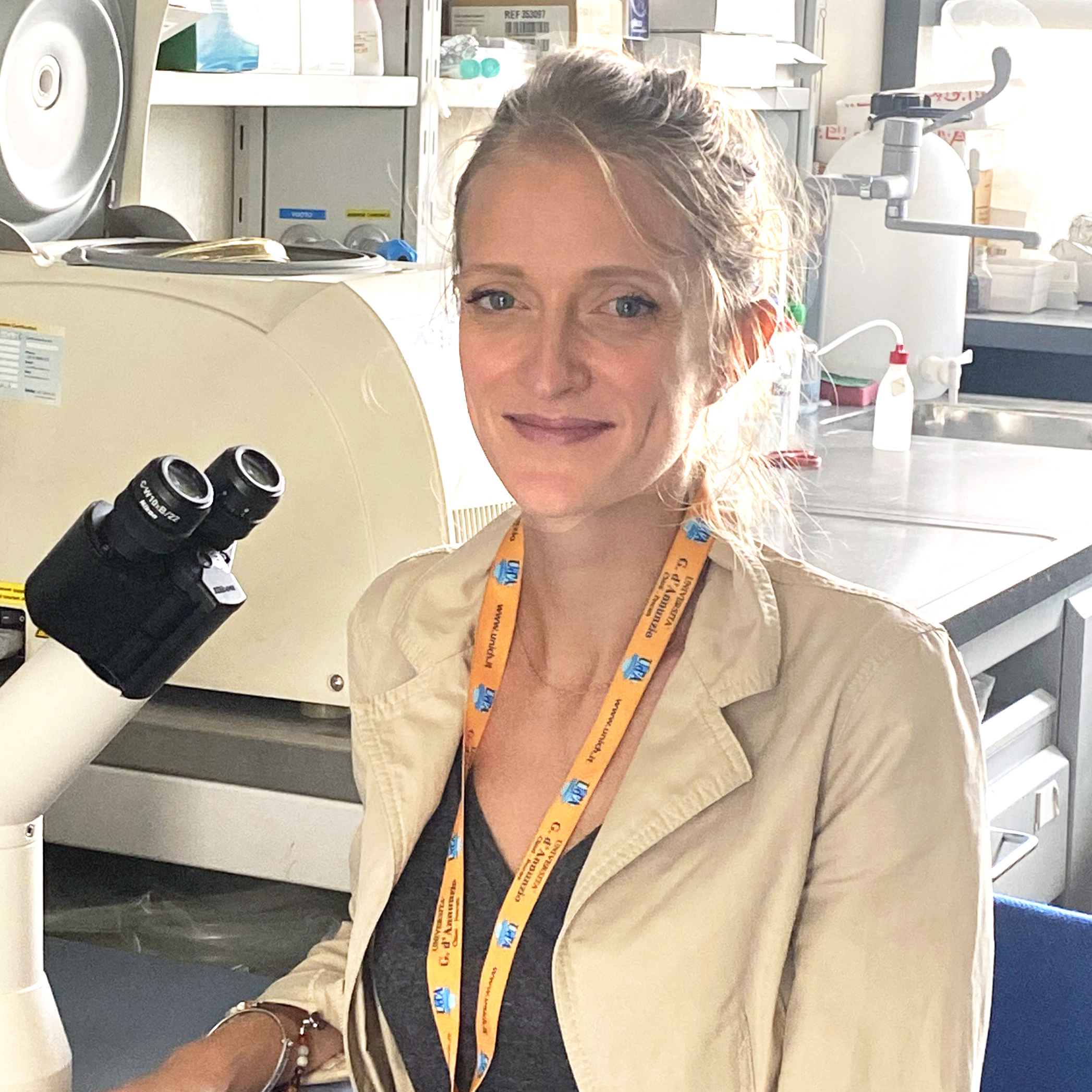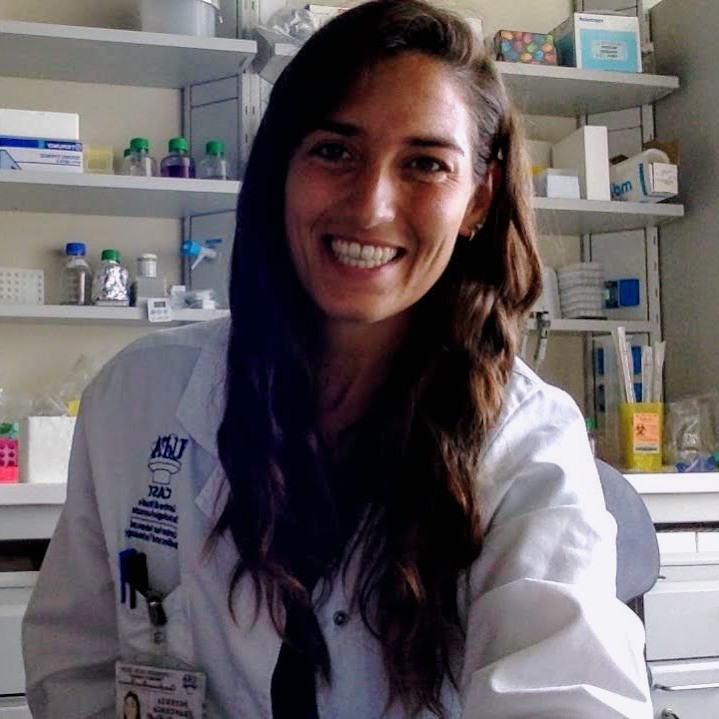1. Gandullo-Sanchez, L., et al., HER3 targeting with an antibody-drug conjugate bypasses resistance to anti-HER2 therapies. EMBO Mol Med, 2020. 12(5): p. e11498.
2. Efthymakis, K., et al., An Exploratory Gene Expression Study of the Intestinal Mucosa of Patients with Non-Celiac Wheat Sensitivity. Int J Mol Sci, 2020. 21(6).
3. Bibbo, S., et al., Repurposing a psychoactive drug for children with cancer: p27(Kip1)-dependent inhibition of metastatic neuroblastomas by Prozac. Oncogenesis, 2020. 9(1): p. 3.
4. Subramanian, A., et al., Auto-regulation of Secretory Flux by Sensing and Responding to the Folded Cargo Protein Load in the Endoplasmic Reticulum. Cell, 2019. 176(6): p. 1461-1476 e23.
5. Emmanouilidi, A., et al., Preclinical validation of 3-phosphoinositide-dependent protein kinase 1 inhibition in pancreatic cancer. J Exp Clin Cancer Res, 2019. 38(1): p. 191.
6. Basile, A., et al., Development of an anti-BAG3 humanized antibody for treatment of pancreatic cancer. Mol Oncol, 2019.
7. Adamska, A., et al., ABCC3 is a novel target for the treatment of pancreatic cancer. Adv Biol Regul, 2019.
8. Adamska, A., et al., Pharmacological inhibition of ABCC3 slows tumour progression in animal models of pancreatic cancer. J Exp Clin Cancer Res, 2019. 38(1): p. 312.
9. Iorio, V., et al., Combined effect of anti-BAG3 and anti-PD-1 treatment on macrophage infiltrate, CD8(+) T cell number and tumour growth in pancreatic cancer. Gut, 2018. 67(4): p. 780-782.
10. Giansanti, F., et al., Secreted Gal-3BP is a novel promising target for non-internalizing Antibody-Drug Conjugates. J Control Release, 2018. 294: p. 176-184.
11. Ferro, R., et al., GPR55 signalling promotes proliferation of pancreatic cancer cells and tumour growth in mice, and its inhibition increases effects of gemcitabine. Oncogene, 2018.
12. Capone, V., et al., PERK inhibition attenuates the abnormalities of the secretory pathway and the increased apoptotic rate induced by SIL1 knockdown in HeLa cells. Biochim Biophys Acta Mol Basis Dis, 2018. 1864(10): p. 3164-3180.
13. Capone, E., et al., EV20-mediated delivery of cytotoxic auristatin MMAF exhibits potent therapeutic efficacy in cutaneous melanoma. J Control Release, 2018. 277: p. 48-56.
14. De Marco, M., et al., Role of BAG3 in cancer progression: A therapeutic opportunity. Semin Cell Dev Biol, 2017.
15. Damiani, V., et al., Therapeutic Efficacy of the Novel Stimuli-Sensitive Nano-Ferritins Containing Doxorubicin in a Head and Neck Cancer Model. Int J Mol Sci, 2017. 18(7).
16. Corda, G., et al., Functional and prognostic significance of the genomic amplification of frizzled 6 (FZD6) in breast cancer. Journal of Pathology, 2017. 241(3): p. 350-361.
17. Capone, E., et al., Generation of a novel Antibody-Drug Conjugate targeting endosialin: potent and durable antitumor response in sarcoma. Oncotarget, 2017. 8(36): p. 60368-60377.
18. Capone, E., et al., EV20-Sap, a novel anti-HER-3 antibody-drug conjugate, displays promising antitumor activity in melanoma. Oncotarget, 2017. 8(56): p. 95412-95424.
19. Rosati, A., et al., BAG3 promotes pancreatic ductal adenocarcinoma growth by activating stromal macrophages. Nat Commun, 2015. 6: p. 8695.
20. Prasetyanti, P.R., et al., ErbB-3 activation by NRG-1beta sustains growth and promotes vemurafenib resistance in BRAF-V600E colon cancer stem cells (CSCs). Oncotarget, 2015. 6(19): p. 16902-11.
21. Ghasemi, R., et al., Dual targeting of ErbB-2/ErbB-3 results in enhanced antitumor activity in preclinical models of pancreatic cancer. Oncogenesis, 2014. 3: p. e117.
22. Cancino, J., et al., Control systems of membrane transport at the interface between the endoplasmic reticulum and the Golgi. Developmental Cell, 2014. 30(3): p. 280-294.
23. Sala, G., et al., EV20, a Novel Anti-ErbB-3 Humanized Antibody, Promotes ErbB-3 Down-Regulation and Inhibits Tumor Growth In Vivo. Transl Oncol, 2013. 6(6): p. 676-84.
24. Falco, A., et al., BAG3 is a novel serum biomarker for pancreatic adenocarcinomas. Am J Gastroenterol, 2013. 108(7): p. 1178-80.
25. Sala, G., et al., An ErbB-3 antibody, MP-RM-1, inhibits tumor growth by blocking ligand-dependent and independent activation of ErbB-3/Akt signaling. Oncogene, 2012. 31(10): p. 1275-86.
26. Giannotta, M., et al., The KDEL receptor couples to Galphaq/11 to activate Src kinases and regulate transport through the Golgi. EMBO J, 2012. 31(13): p. 2869-81.
27. De Cola, A., et al., FLASH is essential during early embryogenesis and cooperates with p73 to regulate histone gene transcription. Oncogene, 2012. 31(5): p. 573-82.








